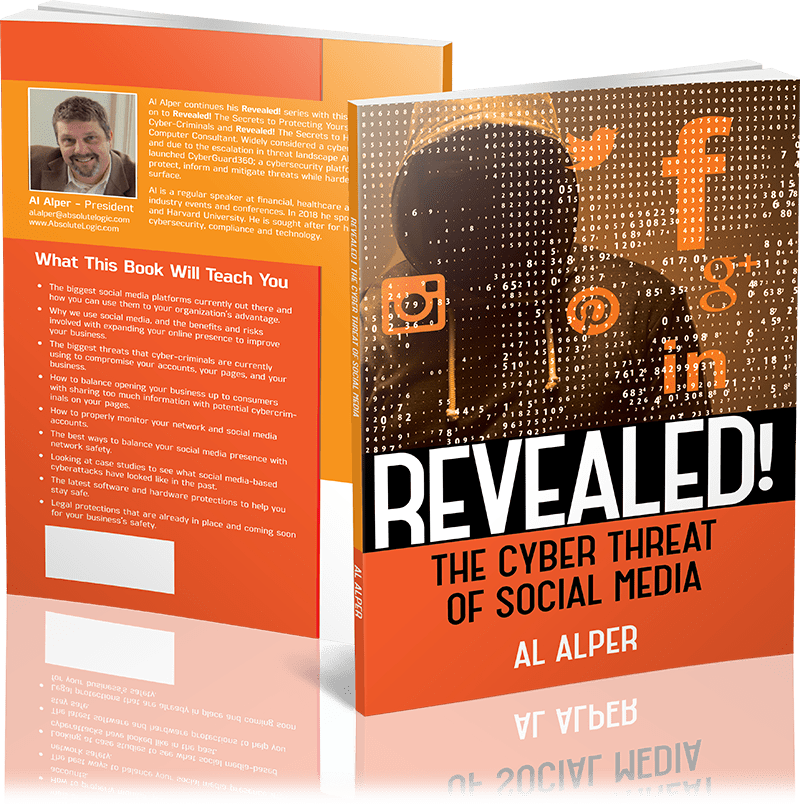Introduction
Are YOUR messages safe?
Even if you use encrypted databases and secure communication methods, they might not be secure. Did you know that hackers can still read messages once they’ve broken into the system that holds them? It’s true.
Many platforms already encrypt the data they hold; which just means that the information inside is hidden inside unreadable “tokens” until a proper password (“decryption key”) has been entered. Your cloud services are encrypted, for example, so that random people can’t see all your stored data. Email platforms are typically encrypted too, especially within an organization, so that you and your coworkers can collaborate more efficiently…but people without the proper access level can’t read your messages.
What about when you’re sending those same messages out into cyberspace? Are they free from prying eyes there?
No…not unless they have end-to-end encryption. The best communication channels employ this tactic so that your messages aren’t just protected at rest…they’re safe from hackers when they’re on the move, too.
What Is End-to-End Encryption?
End-to-end encryption secures messages in storage and backup servers, so that hackers can’t break in and then sit there reading every message you send and receive. Basically, it encrypts the confidential servers and messages so that the data must be decrypted before it can be accessed or viewed.
Why does this matter? This hyper-secure encryption ensures that your private conversations remain confidential. Even if a third party gains access to the servers of the messaging app, they will not be able to read your messages.
When a hacker intercepts, views and/or modifies messages that are being sent between two parties, it’s known as man-in-the-middle attacks. You can imagine the damage that could be done if you think you’re sending and receiving accurate, confidential information with someone trustworthy—and no one else.
Encrypted messages, meanwhile, are unreadable to anyone without the decryption key…even when that information is stored in your inbox or data logs. It helps prevent your data from access by any unauthorized party, no matter when they try to break in.
Conclusion
End-to-end encryption protects your privacy so that even if your network is broken into, or someone hacks your device or that of the person you’re communicating with, all your data will still be secure. Already, we see technology like this implemented in applications like WhatsApp, Signal and Telegram to name just a few.
If you are concerned about the privacy of your online communications, end-to-end encryption is the answer! It’s a safer and more secure way to ensure the integrity of your online accounts and communications remains intact.
Still, it’s important to remember that end-to-end encryption is just one way that you can better protect your data every day. Remember to stay vigilant, mind your security awareness training, and always use best practices when you’re online!




